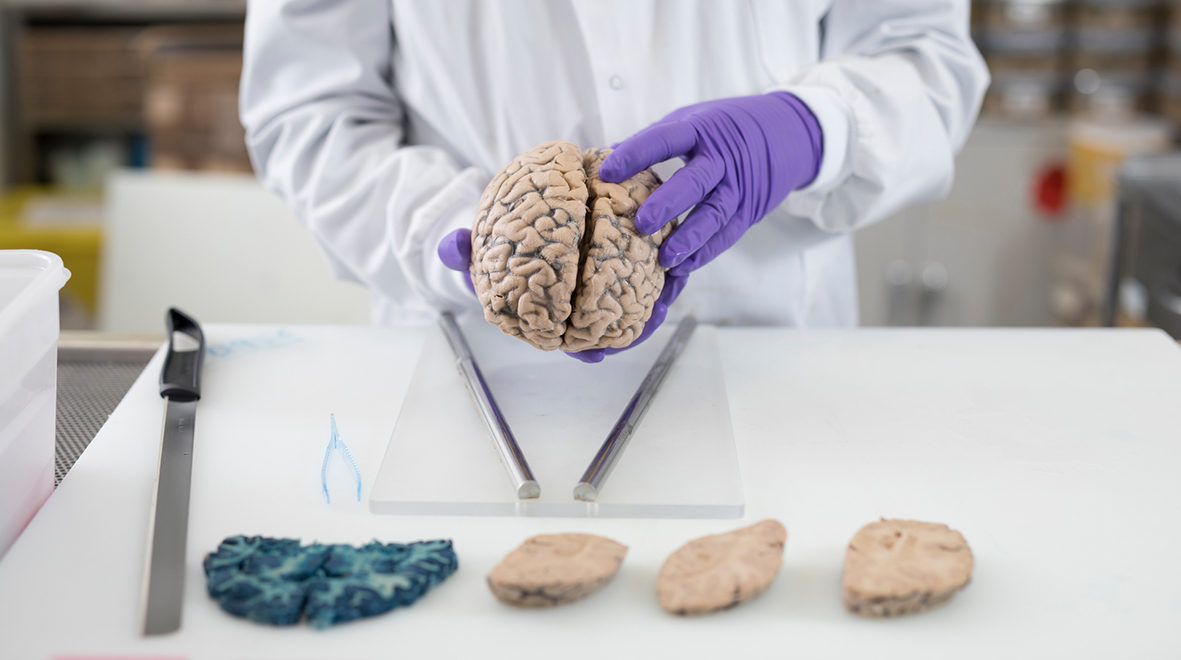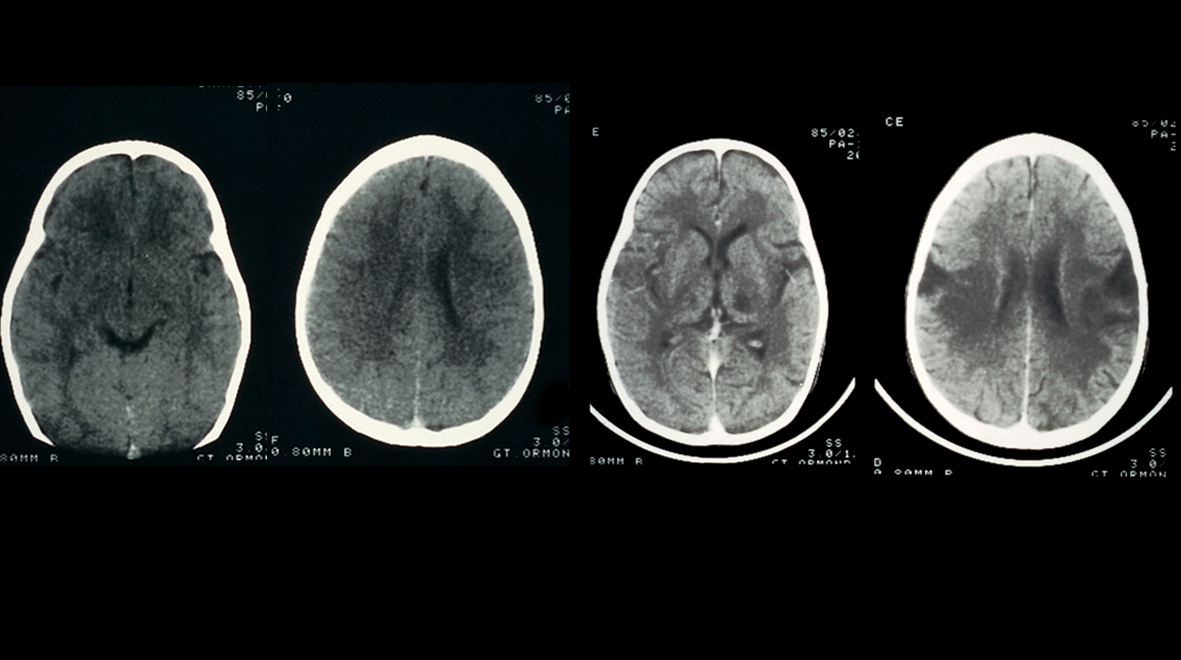Outpacing outbreaks: how we’re making cheaper vaccines, faster
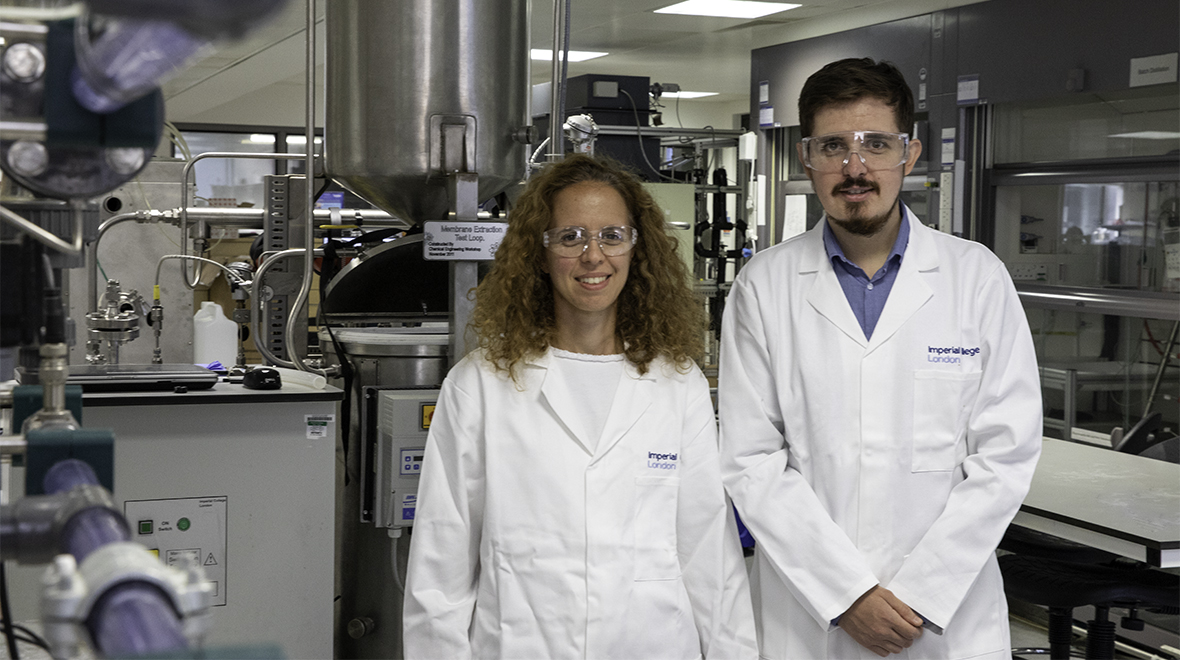
When outbreaks emerge, speeding up vaccine development could be the difference between life and death. In this post, Dr Zoltán Kis provides an insight into how Imperial’s chemical engineers are making speedy vaccines a reality.
The worst Ebola epidemic in history swept across West Africa between 2014 to 2016, claiming 11,300 lives. This major outbreak was closely followed by the 2015-2016 Zika epidemic in Latin America. Preventing future epidemics is more important than ever and developing new vaccines are an essential weapon in fighting disease outbreaks. However, with the average vaccine development lasting 10 years, this is not comparable to the speed and frequency of outbreaks which can cause calamity in a matter of months. (more…)

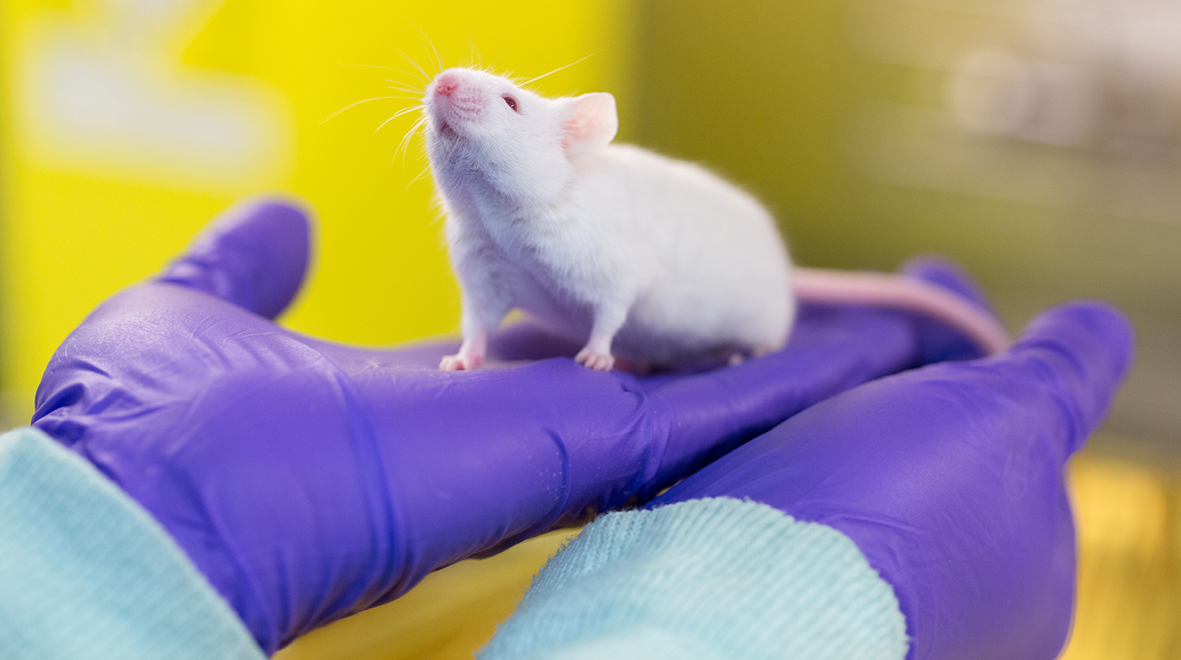
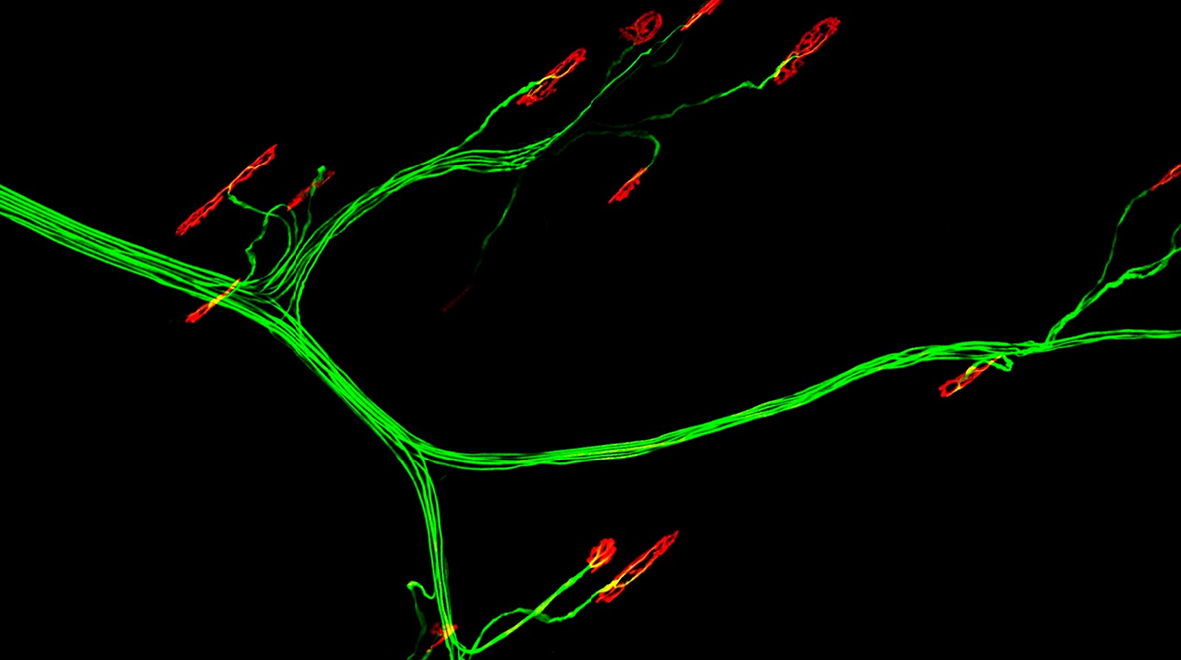
 In this guest post, Emily Ashworth shares her career path, from graduating with a nursing degree to pursuing a PhD in blast injury.
In this guest post, Emily Ashworth shares her career path, from graduating with a nursing degree to pursuing a PhD in blast injury. 
